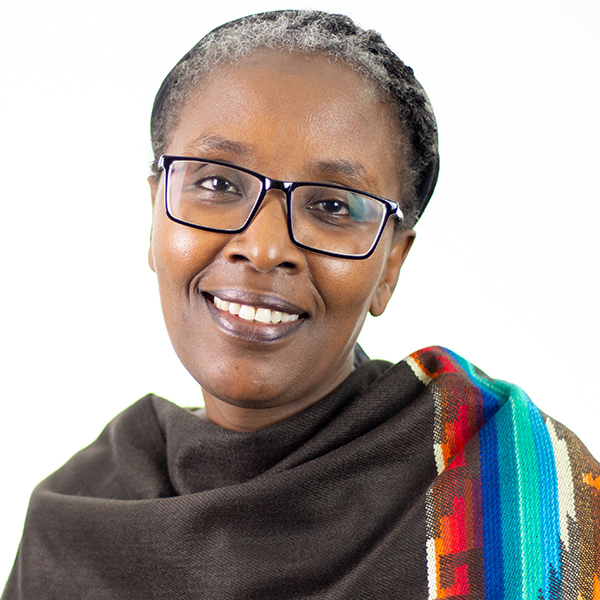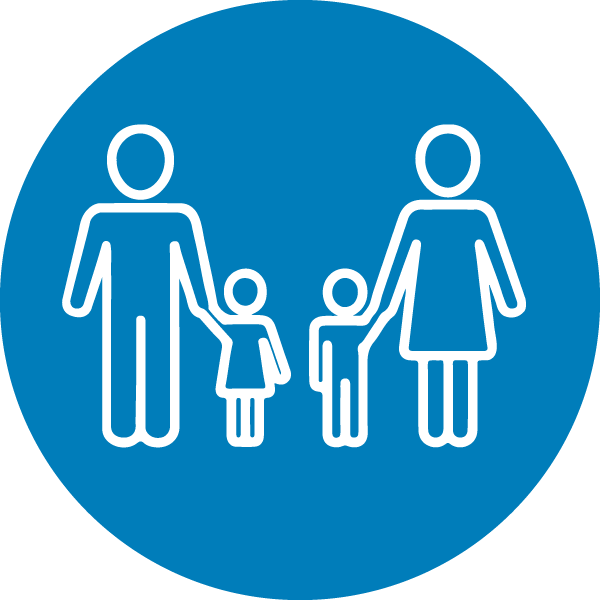Examining SEED Winnipeg’s organizational commitment to addressing systemic racism.

Photo courtesy of SEED Winnipeg.
SEED Winnipeg is committed to equity and inclusivity. While the charity has been doing this work for decades, SEED knows there is still much to be done; that’s why it’s looking in the mirror and asking tough questions.
“We’re starting from the premise that we need to address systemic racism within SEED,” says Louise Simbandumwe, SEED’s co-executive director. “Part of what systemic racism means is that it impacts every single institution. And so, we’re starting from the premise that there are issues that need to be addressed and that we need to do that collectively as a staff.”
SEED – which stands for Supporting Employment and Economic Development – works to support people and community through financial empowerment. Established in response to a study looking at economic development needs of the inner-city, it opened its doors in 1993. Today, it’s located on Salter Street in the North End and has a staff of about 40 people.
SEED’s organizational commitment to equity and inclusivity includes six components: tracking progress, building partnerships, staff composition, board composition, solidarity and systemic change, and community-led program development. This ongoing commitment requires regular review and revision.
In the late ’90s SEED realized the attrition rate of Indigenous participants in a business development program was disproportionately high; while 30 per cent of the program applicants were Indigenous, the number who completed the program was very low.
“I think for that cohort, we might have even had zero [business launches by Indigenous participants],” Simbandumwe says.
After conducting community discussions, SEED learned it is vitally important to not compete for or use resources that would otherwise be going to Indigenous-led organizations. SEED’s board passed a policy of not accessing Indigenous-designated funding unless they are doing it in partnership with an Indigenous-led organization.
It also led to the development of the Indigenous Community Collaboration Program which supports Indigenous program participants, facilitates partnerships with Indigenous-led community organizations, develops cultural educational opportunities for SEED staff and board, offers an Indigenous lens in program design and delivery, and more.
Engaging Indigenous community members has been an explicit strategic goal since 2003. At the time, some board members wondered whether there should also be focus on newcomers, those with disabilities, and other groups that face disproportionate risks of poverty. However, after education about the history of colonization, board members understood why it warranted a separate goal, Simbandumwe says.
SEED’s board has since adopted Truth and Reconciliation Call to Action #92. See Call to Action #92 below for details.
When multiple members from equity-seeking communities are represented on a board or staff, research shows improved organizational performance. This “critical mass” also avoids tokenism and ensures there are enough voices to feel comfortable and be taken seriously.
While the proportion of Indigenous employees at SEED overall is quite good, one organizational commitment that has been challenging tomeet is including employees of Indigenous descent in senior levels in the organization. Same for the board; right now, the proportion of equity-seeking members is quite good, but it is a regular consideration.
“I think probably in the last five years, we finally achieved a critical mass in staff, particularly of people of Indigenous descent. So now there is a sense of community, so people don’t feel like the only one that’s speaking out at the staff meeting or that is representative of that community, so there’s a range of opinions and perspectives,” Simbandumwe says.
Thanks to a grant from The Winnipeg Foundation, SEED recently worked with Amik, which offers Indigenous workforce and training services.
Another challenging area is around solidarity and systemic change; a lot is outside of SEED’s control. While SEED hires former program participants and pays a living wage, there are background situations that create additional challenges; for example, transitioning to working from home during the pandemic.
“It disproportionately impacted staff that had lived experience of having lived in poverty, which again, was disproportionately immigrants and racialized peoples,” Simbandumwe says. “As an employer, how do we recognize those different background circumstances and how do we provide additional supports, so people are adequately supported in terms of being able to do their work? We struggle with that.”
For Indigenous or other racialized people, utilizing EAP counselling may not be desirable, as counsellors may not understand their circumstances. SEED therefore hired an Elder who was also a former program participant and a counsellor, to provide support.
Community-led program development is another way SEED demonstrates its commitment to equitable and inclusive programming. Money Stories, a money management training program for youth, is a prime example. The program was born in 2011 out of a session SEED did with the Aboriginal Seniors Resource Centre (ASRC).
“The connection between Indigenous youth and Elders had been broken and [the group at ASRC] really wanted to share aspects of Indigenous culture with youth as it relates to money and managing resources,” Simbandumwe says. “Coincidentally, a few months later, we got a request from Children of the Earth School, and they wanted money management for their after-school program. We invited some of the elders to come along and be part of delivering the sessions and share their stories.”
The program has seen great success, and the latest iteration includes working with Indigenous language speakers to translate the curriculum.
As SEED moves forward with its equity and inclusivity work, it is committed to sharing what it learns. SEED presented at the Asset Building Learning Exchange, a national community of practice around financial empowerment for which Simbandumwe sits on the steering committee.
“It always feels a little bit awkward to be putting it forward, because I still feel like we have a long way to go and a lot to learn. I don’t want to present ourselves as the ‘be all and end all experts’ [but rather], ‘these are some of the steps we’ve taken. These are some of the things we’re struggling with,’” Simbandumwe says.
Call to Action #92
We call upon the corporate sector in Canada to adopt the United Nations Declaration on the Rights of Indigenous Peoples as a reconciliation framework and to apply its principles, norms, and standards to corporate policy and core operational activities involving Indigenous peoples and their lands and resources. This would include, but not be limited to, the following:
- Commit to meaningful consultation, building respectful relationships, and obtaining the free, prior, and informed consent of Indigenous peoples before proceeding with economic development projects.
- Ensure that Aboriginal peoples have equitable access to jobs, training, and education opportunities in the corporate sector, and that Aboriginal communities gain long-term sustainable benefits from economic development projects.
- Provide education for management and staff on the history of Aboriginal peoples, including the history and legacy of residential schools, the United Nations Declaration on the Rights of Indigenous Peoples, Treaties and Aboriginal rights, Indigenous law, and Aboriginal-Crown relations. This will require skills based training in intercultural competency, conflict resolution, human rights, and anti-racism.
Recipient: SEED Winnipeg
Program: Database to collect, track, and analyze program and participant data; Support to build SEED’s capacity in truth and reconciliation
Grant: Multiple, including $60,000 drawn from the Moffat F 24 amily Fund and $25,000 drawn from the hundreds of Community Funds held at The Foundation
This story is featured in the Fall 2021 issue of our Working Together magazine. Download or view the full issue on our Publications page.



 Children, Youth & Families
Children, Youth & Families